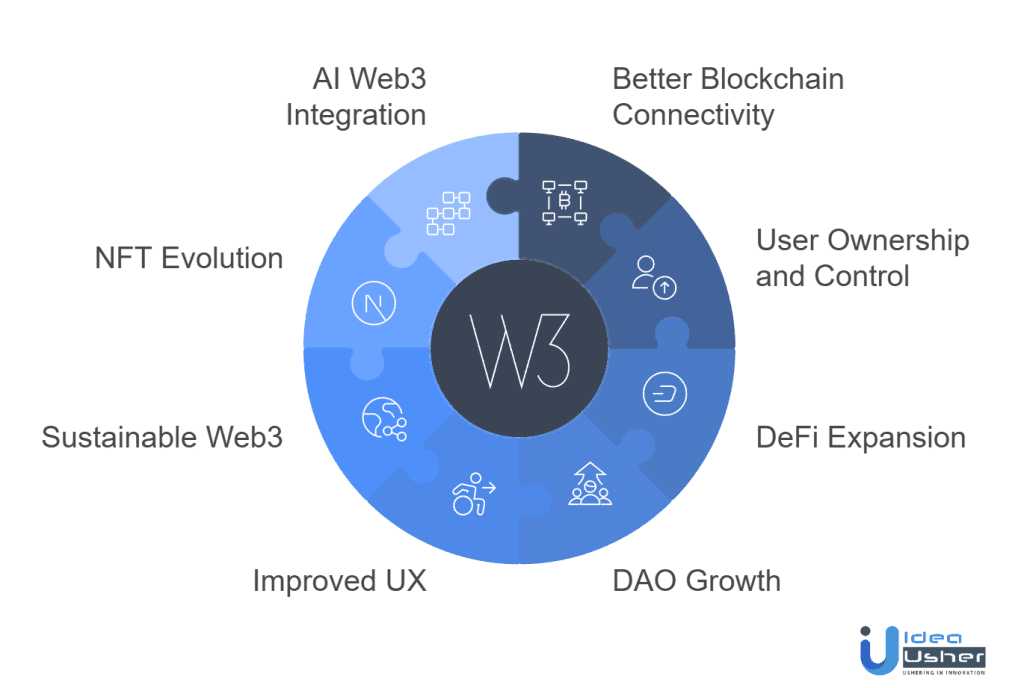Uncovering Secrets: Hookup Detectives
Explore the world of modern relationships and dating with insights from our hookup detectives.
Pushing the Odds: Web3's Gamble on a New Betting Horizon
Discover how Web3 is revolutionizing the betting landscape and pushing the odds. Join the future of gaming and take your chances today!
Understanding Decentralized Betting: How Web3 is Changing the Game
In the evolving landscape of online gambling, decentralized betting is emerging as a revolutionary concept, transforming how players engage with their favorite games. Powered by Web3 technologies, this new paradigm shifts the traditional betting model by eliminating intermediaries, thereby allowing users to place bets directly on a blockchain. This decentralization not only enhances transparency but also fosters trust among participants, as every transaction is securely recorded and publicly accessible. Players are empowered to retain control over their assets, ensuring a fairer and more autonomous gambling experience.
The impact of Web3 on the betting industry extends beyond just convenience and security. With decentralized platforms, players can enjoy features such as smart contracts that automate payouts and enforce betting rules without human intervention. Additionally, these platforms often promote community governance, where users can vote on key decisions regarding operations and game developments. As decentralized betting continues to gain popularity, stakeholders in the gambling industry must adapt to this innovative approach, which not only adheres to the principles of decentralization but also offers a more engaging and equitable betting environment.

Counter-Strike is a popular multiplayer first-person shooter that has captivated gamers since its release. Players can choose to join either the terrorist or counter-terrorist teams, engaging in strategic gameplay to achieve objectives. For those looking to enhance their gaming experience, using a cloudbet promo code can provide exciting bonuses.
The Benefits and Risks of Betting in a Web3 Environment
Betting in a Web3 environment offers numerous benefits that align with the principles of decentralization and transparency. One of the primary advantages is the elimination of intermediaries, which can lead to lower fees and faster transactions. The use of smart contracts ensures that all betting terms are automated and transparent, creating an immutable record of bets placed. This not only enhances trust among participants but also improves user experience as the need for third-party verification is minimized. Additionally, Web3 betting platforms often provide greater accessibility, enabling users from various jurisdictions to engage in betting without the restrictions typically imposed by centralized entities.
However, there are also notable risks associated with betting in this evolving landscape. The anonymity afforded by blockchain technology can result in challenges related to regulation and fraud prevention. As users are not always required to verify their identities, these platforms might attract illicit activities, making them susceptible to scams. Furthermore, the volatility of cryptocurrencies can affect the value of bets placed, leading to potential financial instability for gamblers. It's crucial for participants to conduct thorough research and understand the implications of engaging in Web3 betting to navigate these challenges effectively.
Is Web3 the Future of Online Gambling? Examining the Potential Transformations
The emergence of Web3 technology is poised to revolutionize various sectors, and the online gambling industry is no exception. By leveraging decentralized platforms, blockchain technology, and smart contracts, Web3 offers several unique advantages that can enhance the gambling experience. For instance, players can enjoy increased transparency, as every transaction is recorded on the blockchain, allowing for an open audit trail. Moreover, the use of cryptocurrencies eliminates the need for traditional banking systems, making deposits and withdrawals faster and more efficient. As these features become more widely adopted, industries could see a drastic shift in user trust and engagement.
Another transformative aspect of Web3 is the potential for creating decentralized autonomous organizations (DAOs) within the online gambling sphere. These legal structures would allow stakeholders—gamblers, developers, and investors—to have a say in how gambling platforms are run. Through a system of governance tokens, users can participate in decision-making processes, from the implementation of new features to handling disputes fairly and transparently. As the landscape of online gaming evolves, the integration of these innovative concepts could lead to a more user-centric and equitable gaming environment.